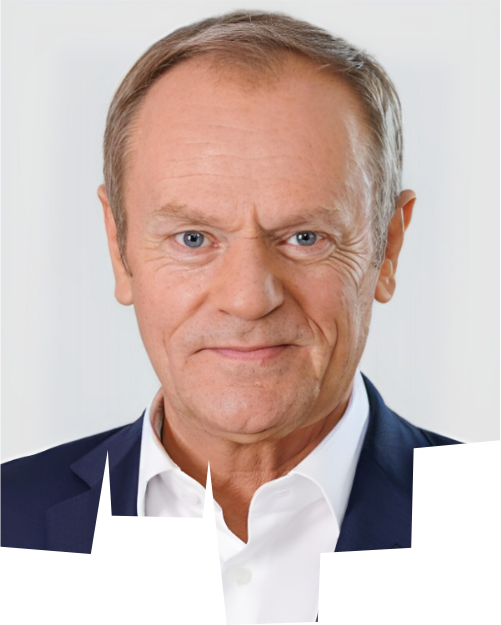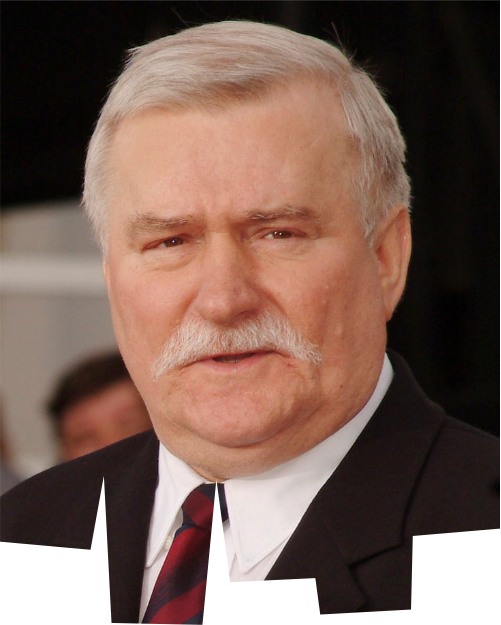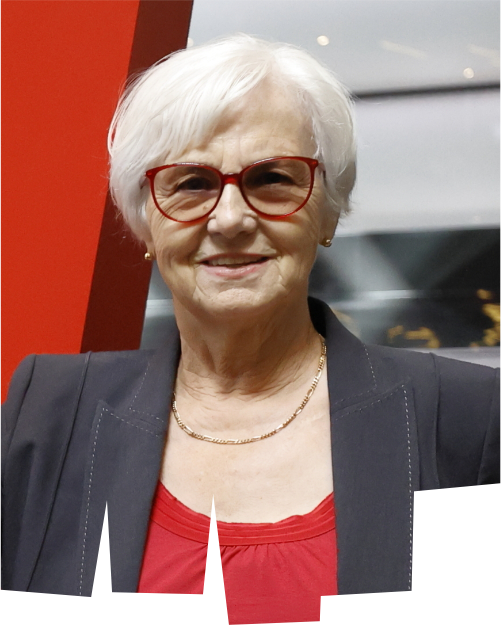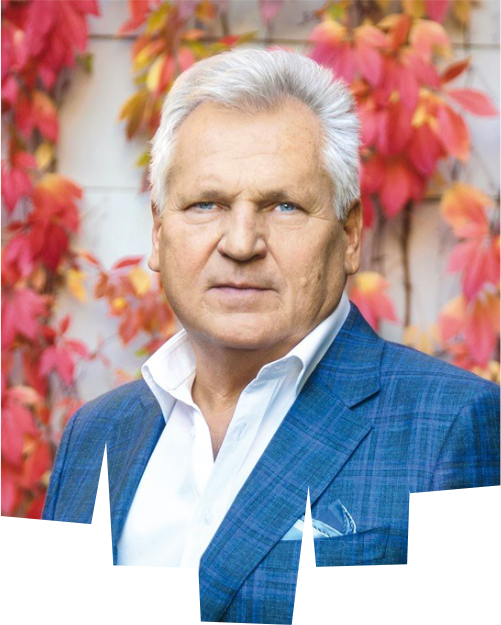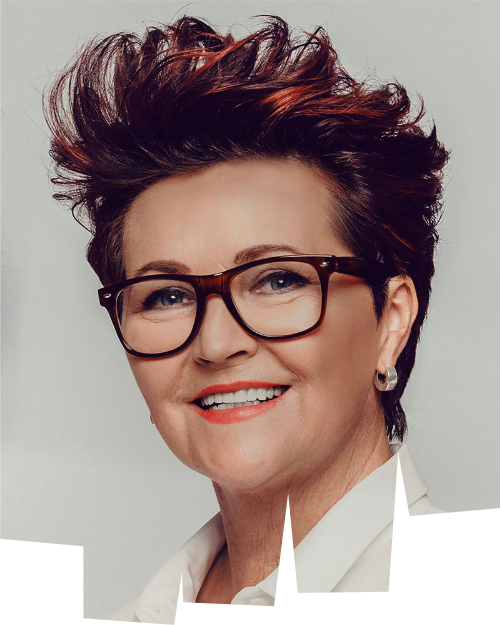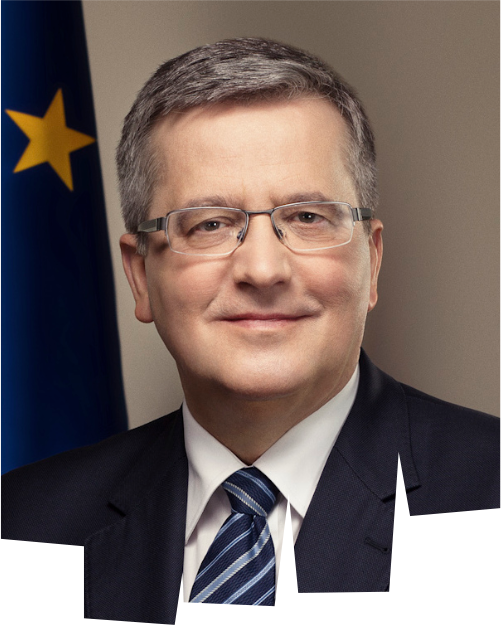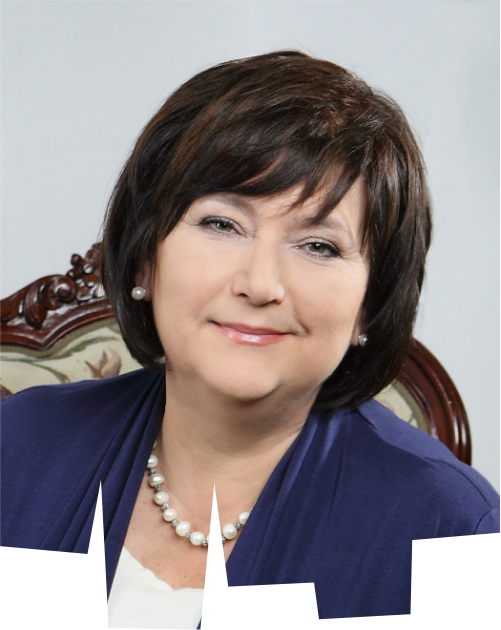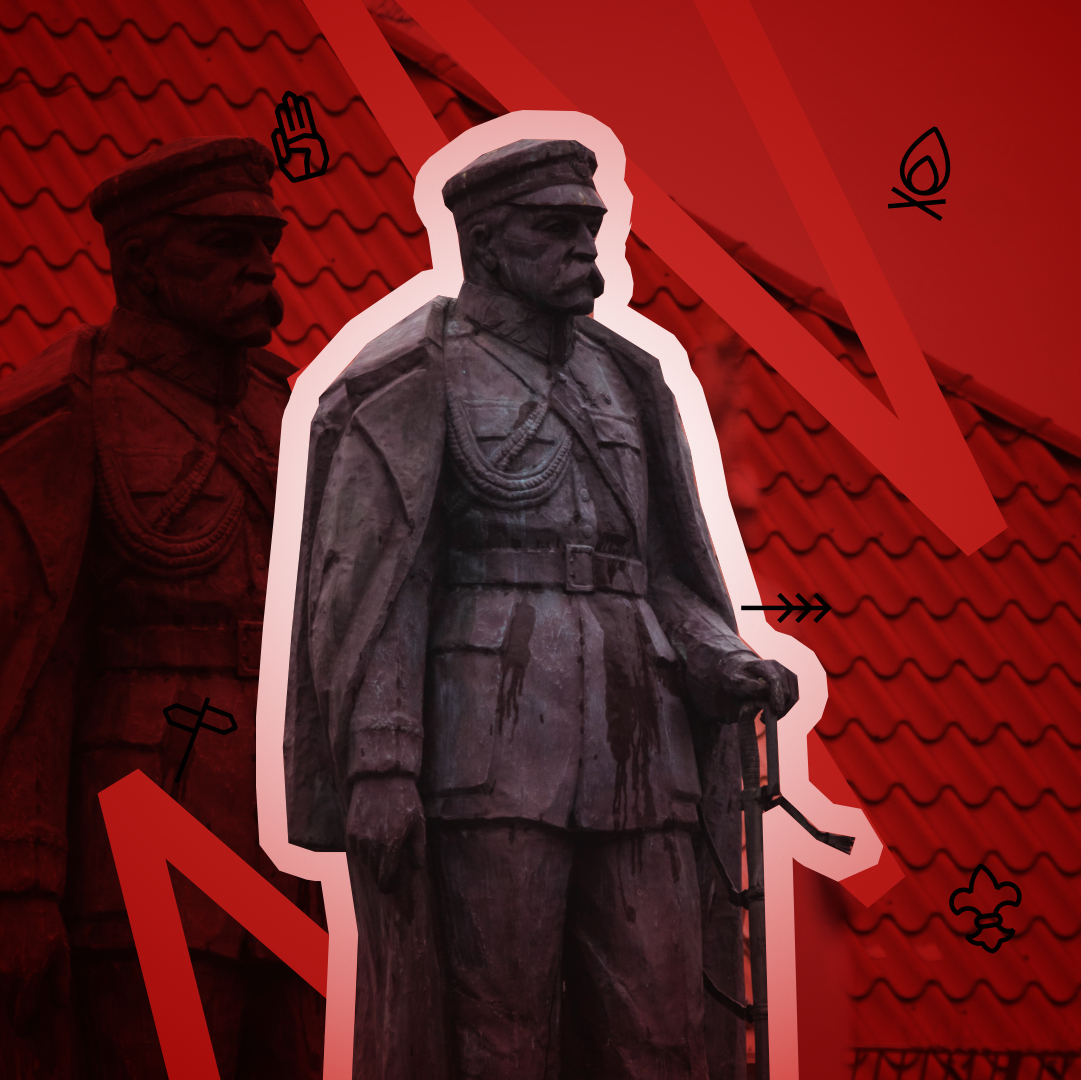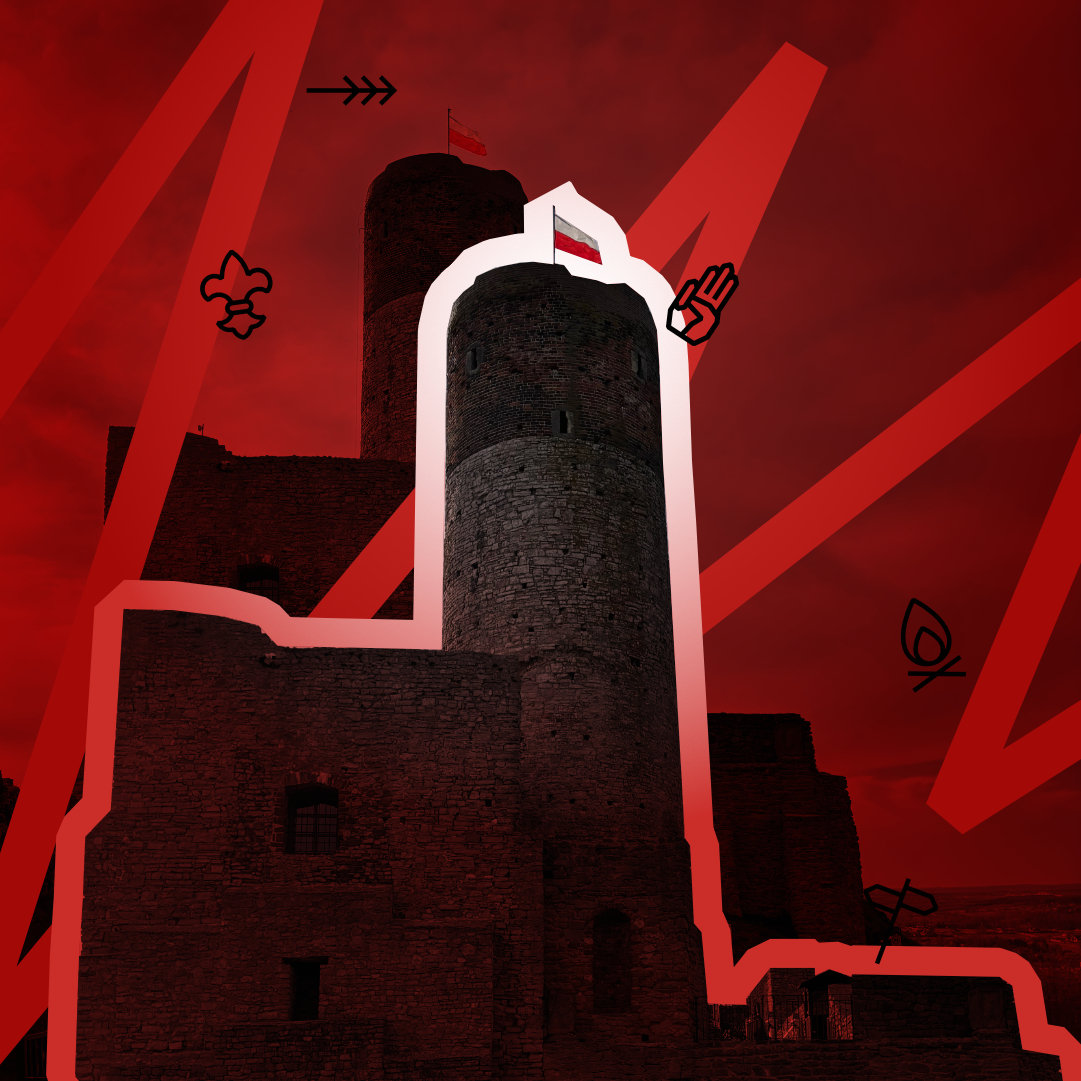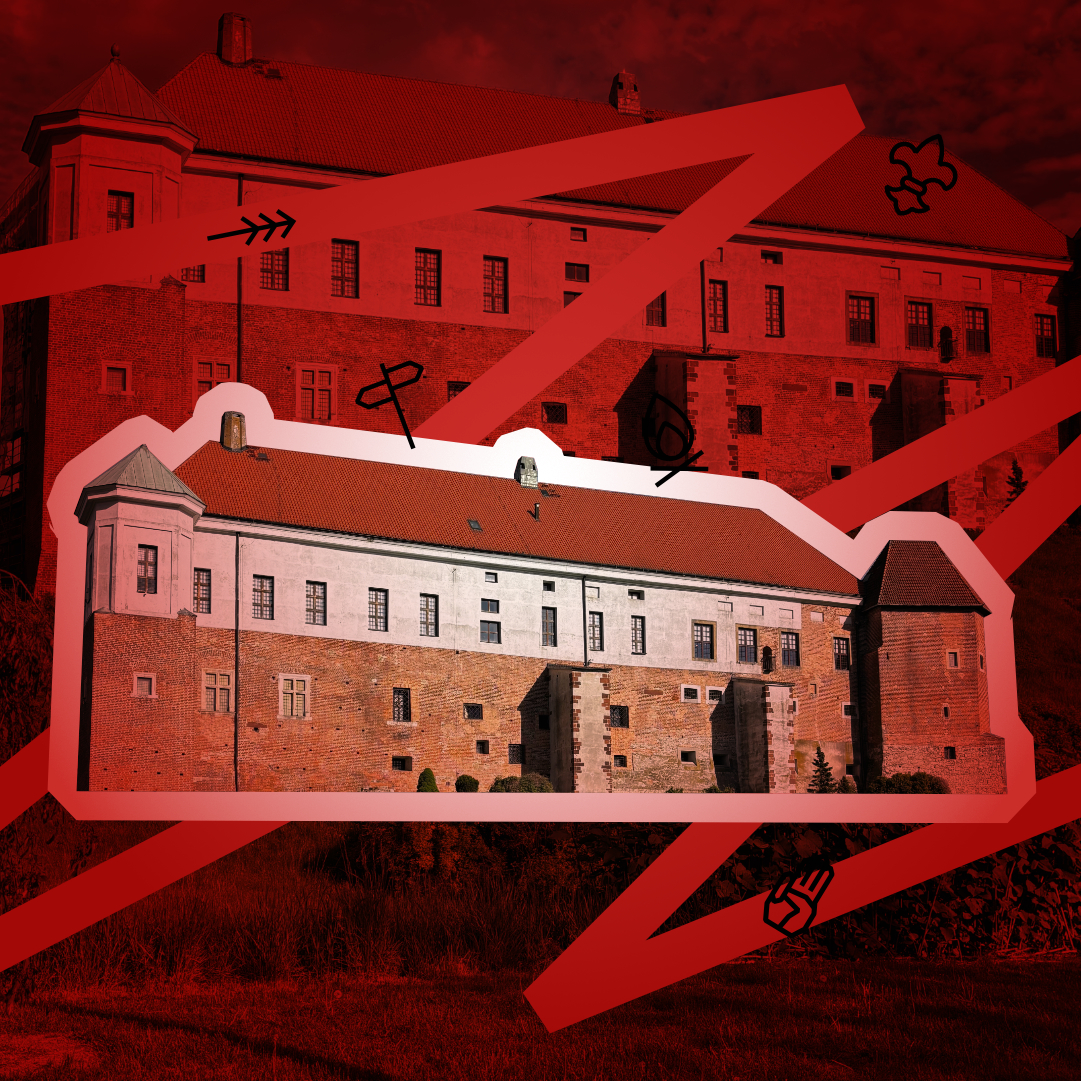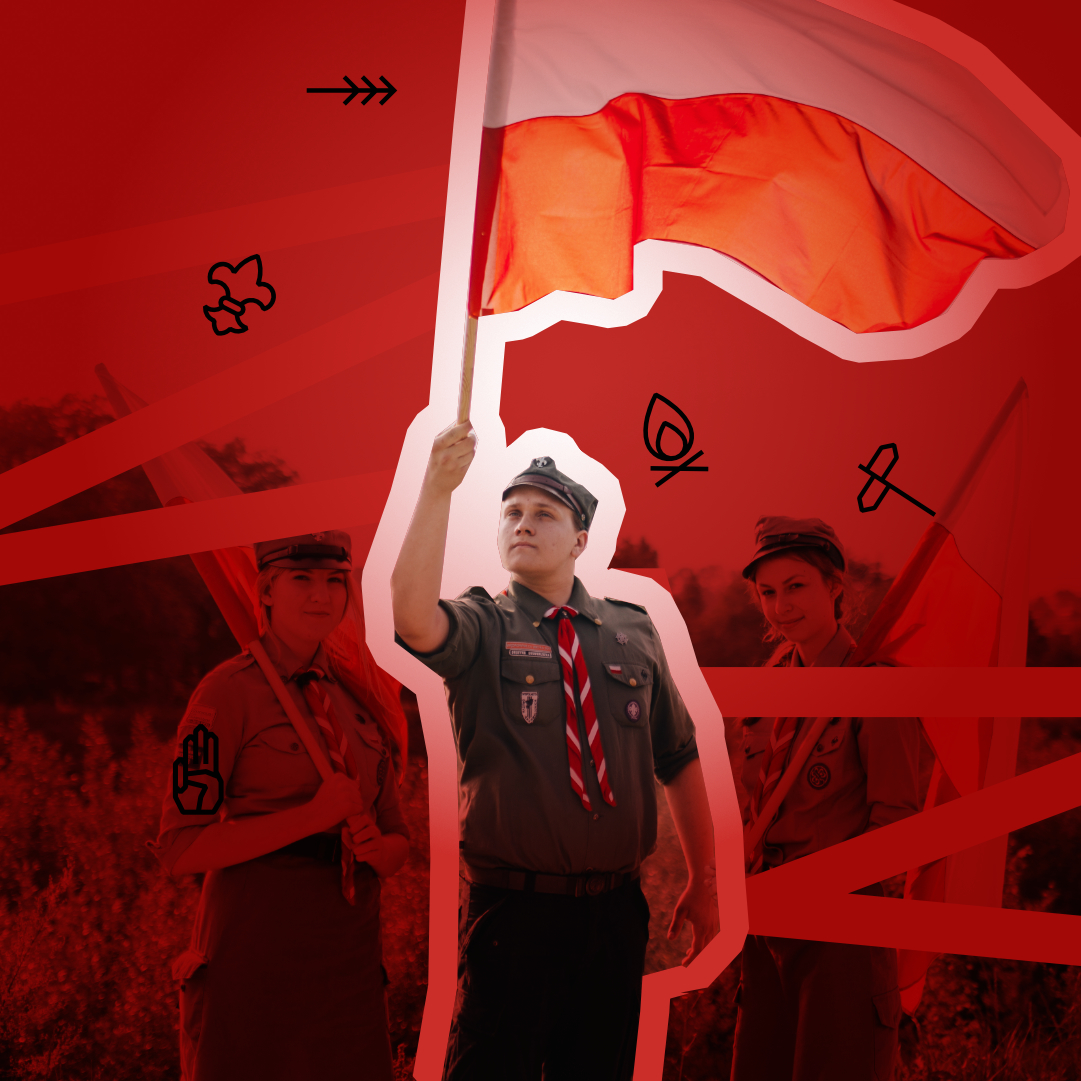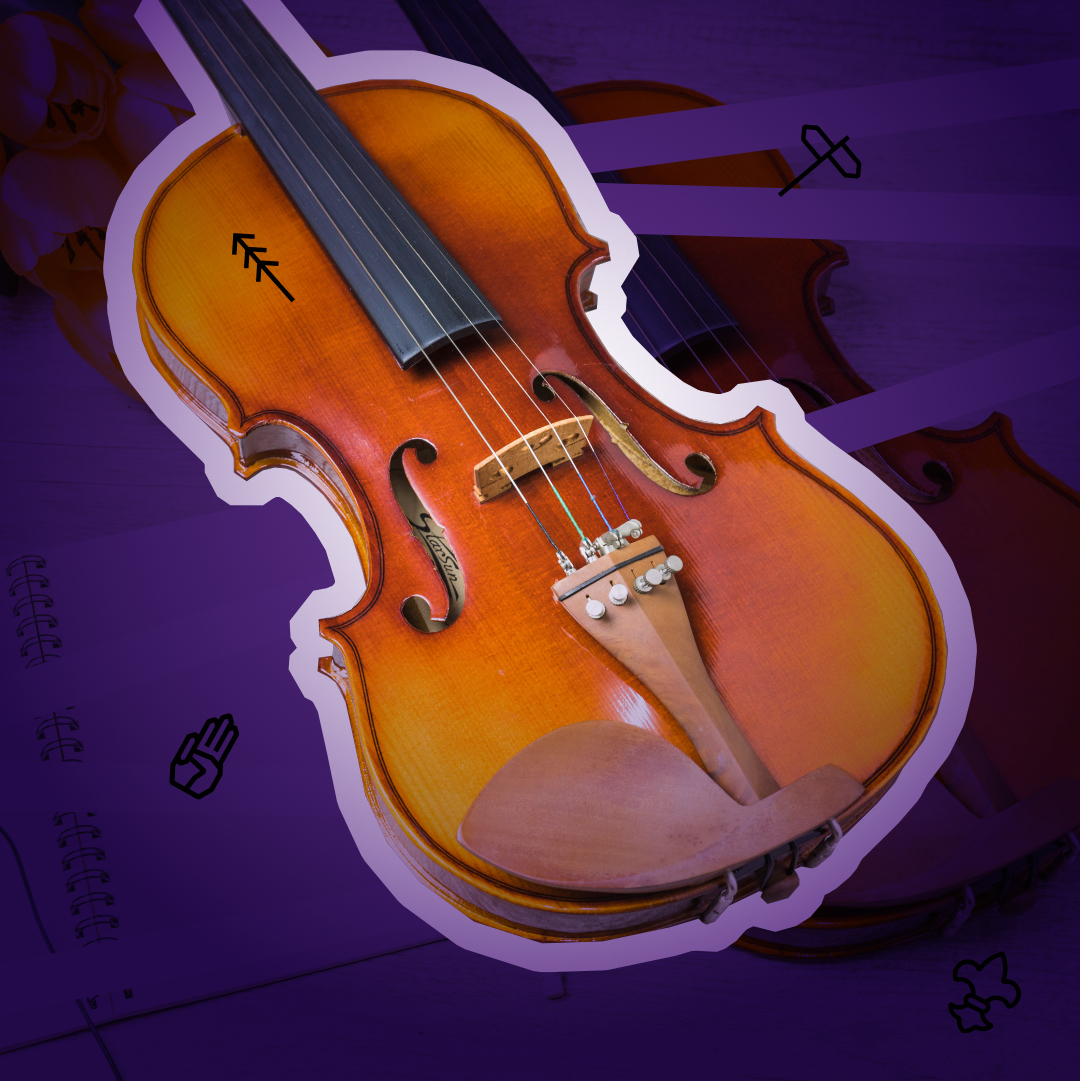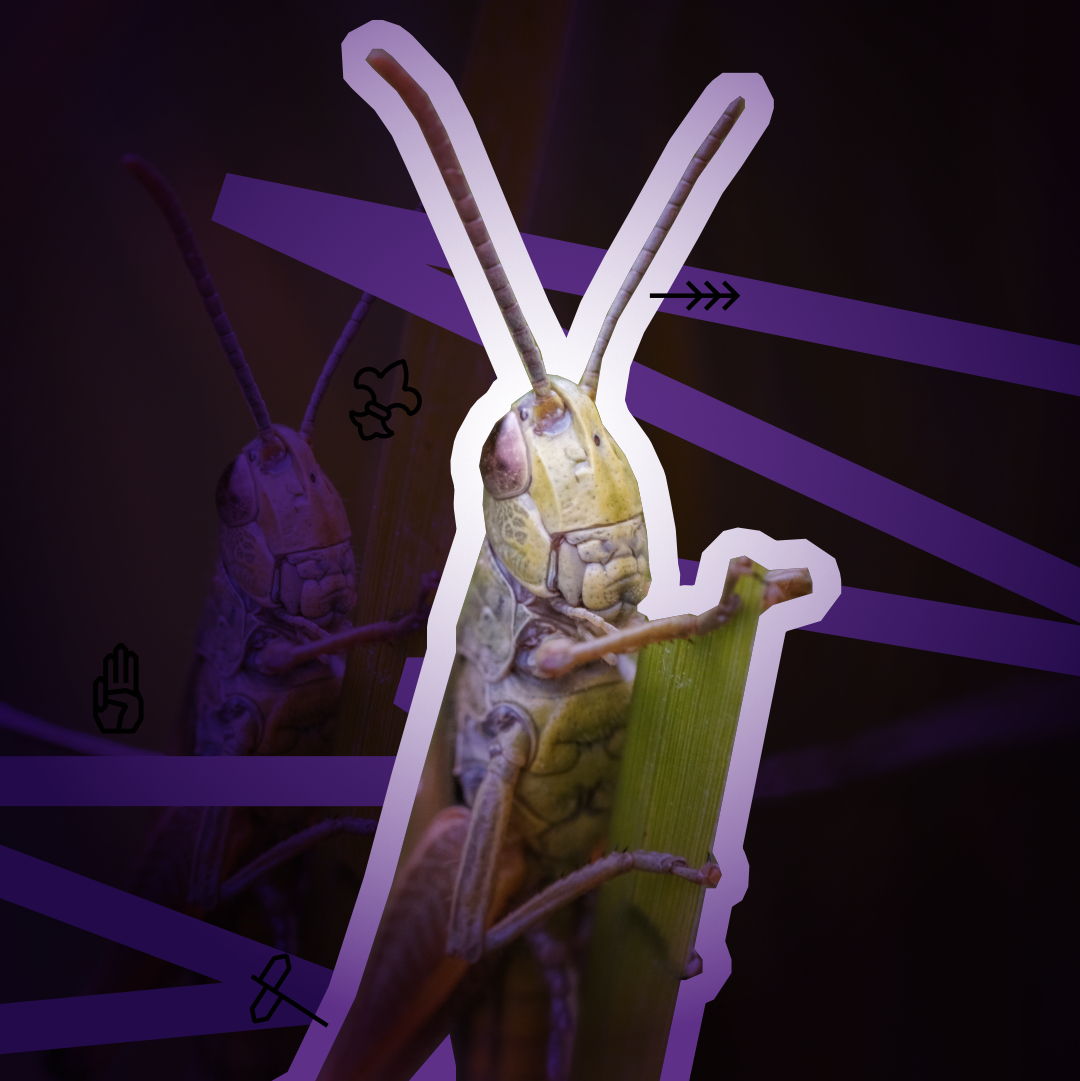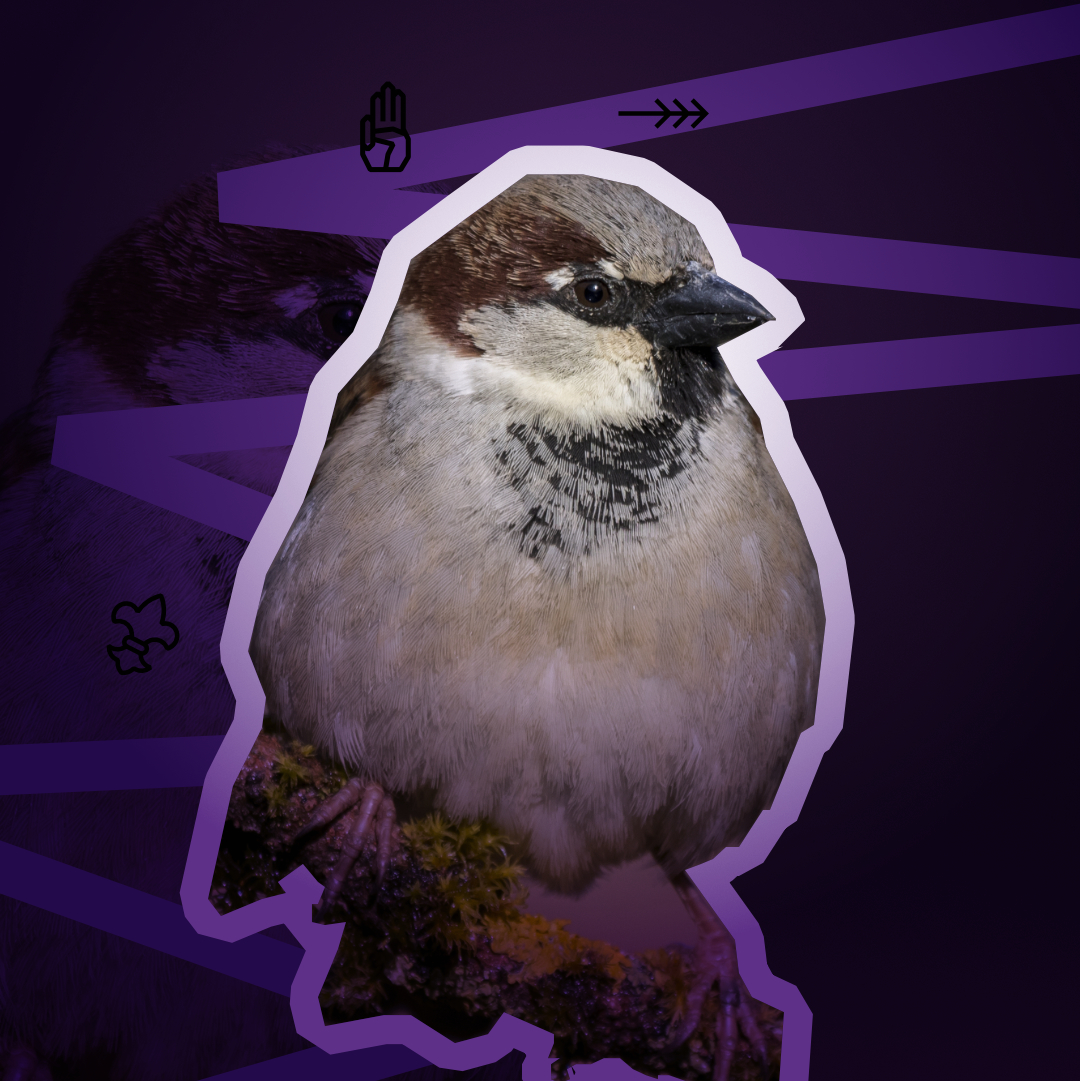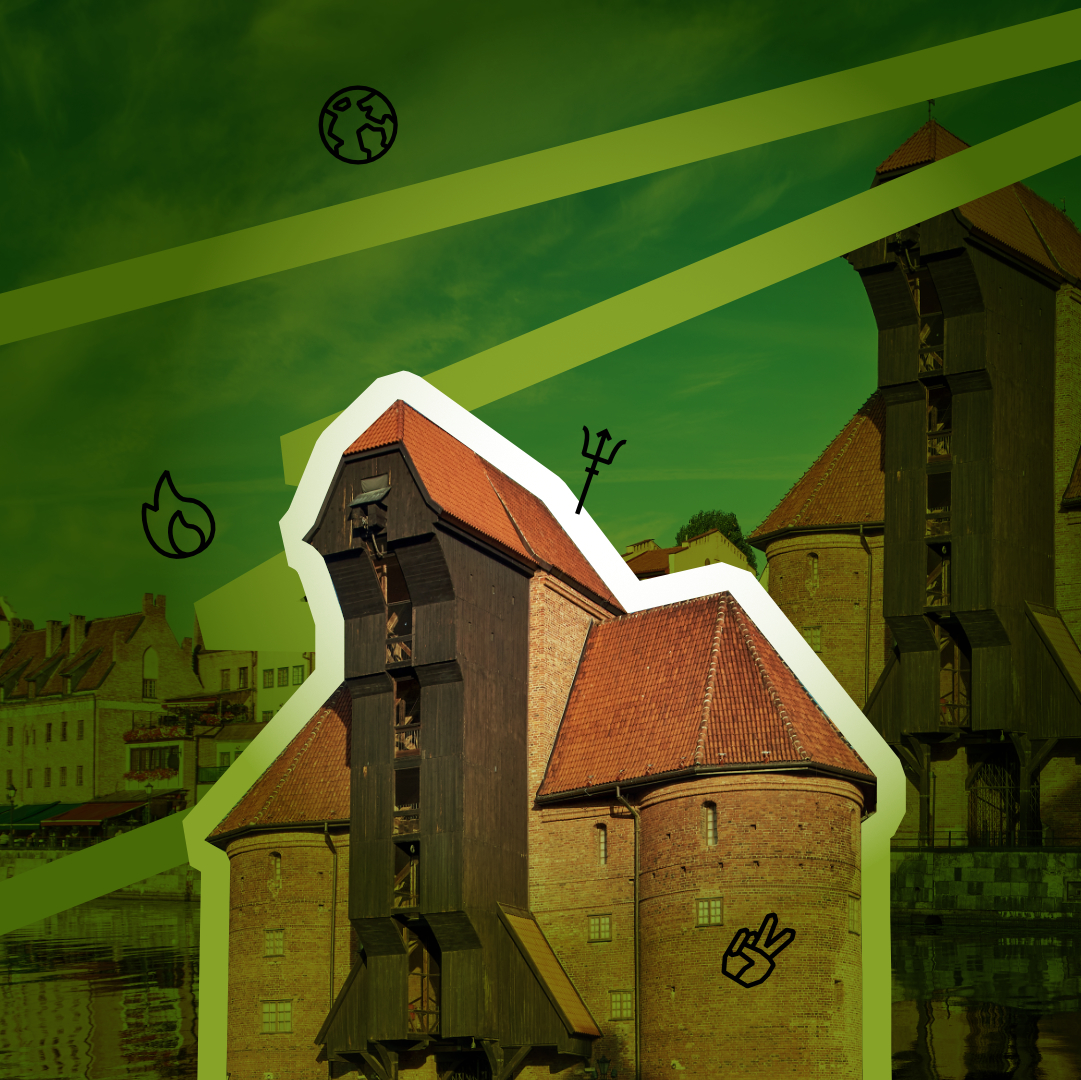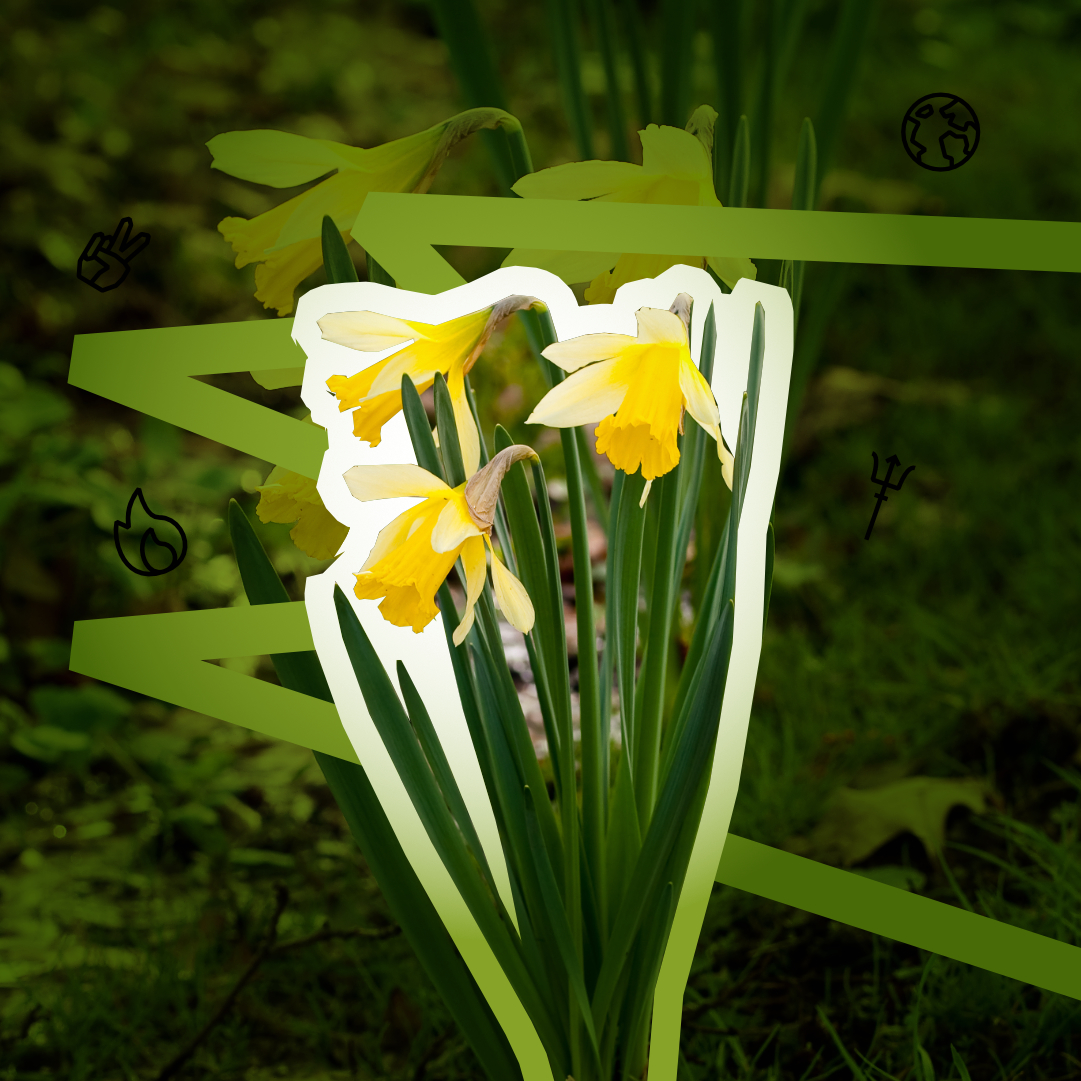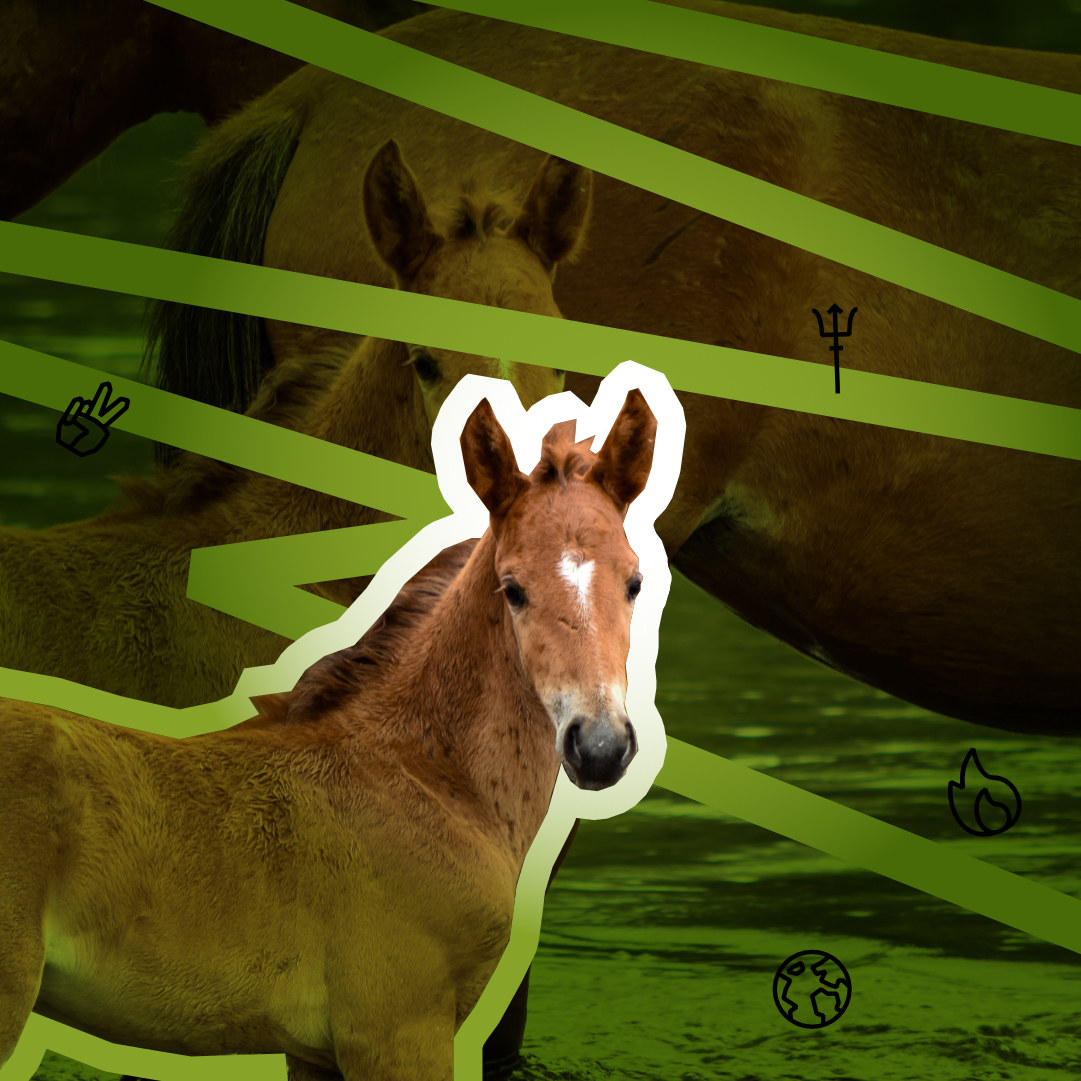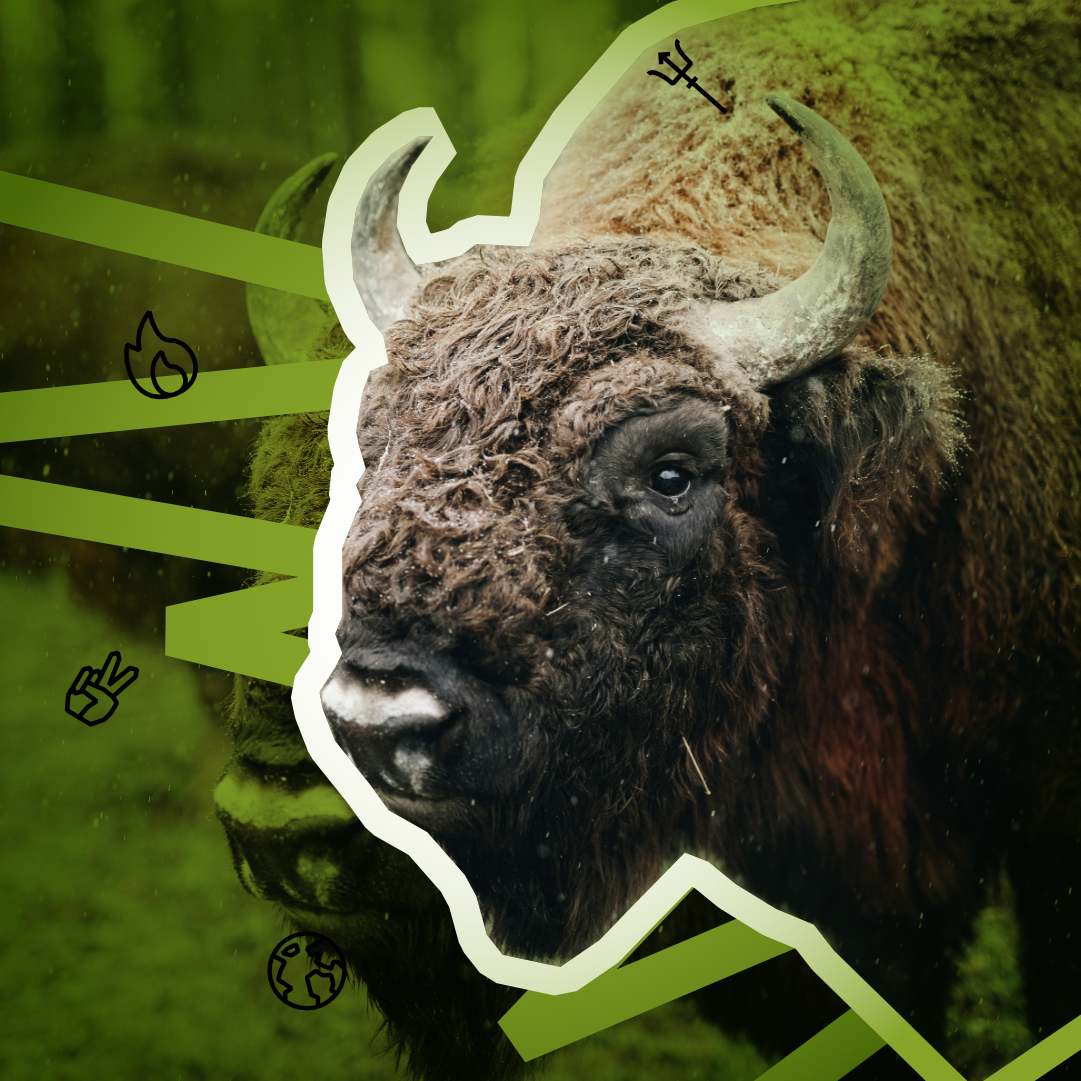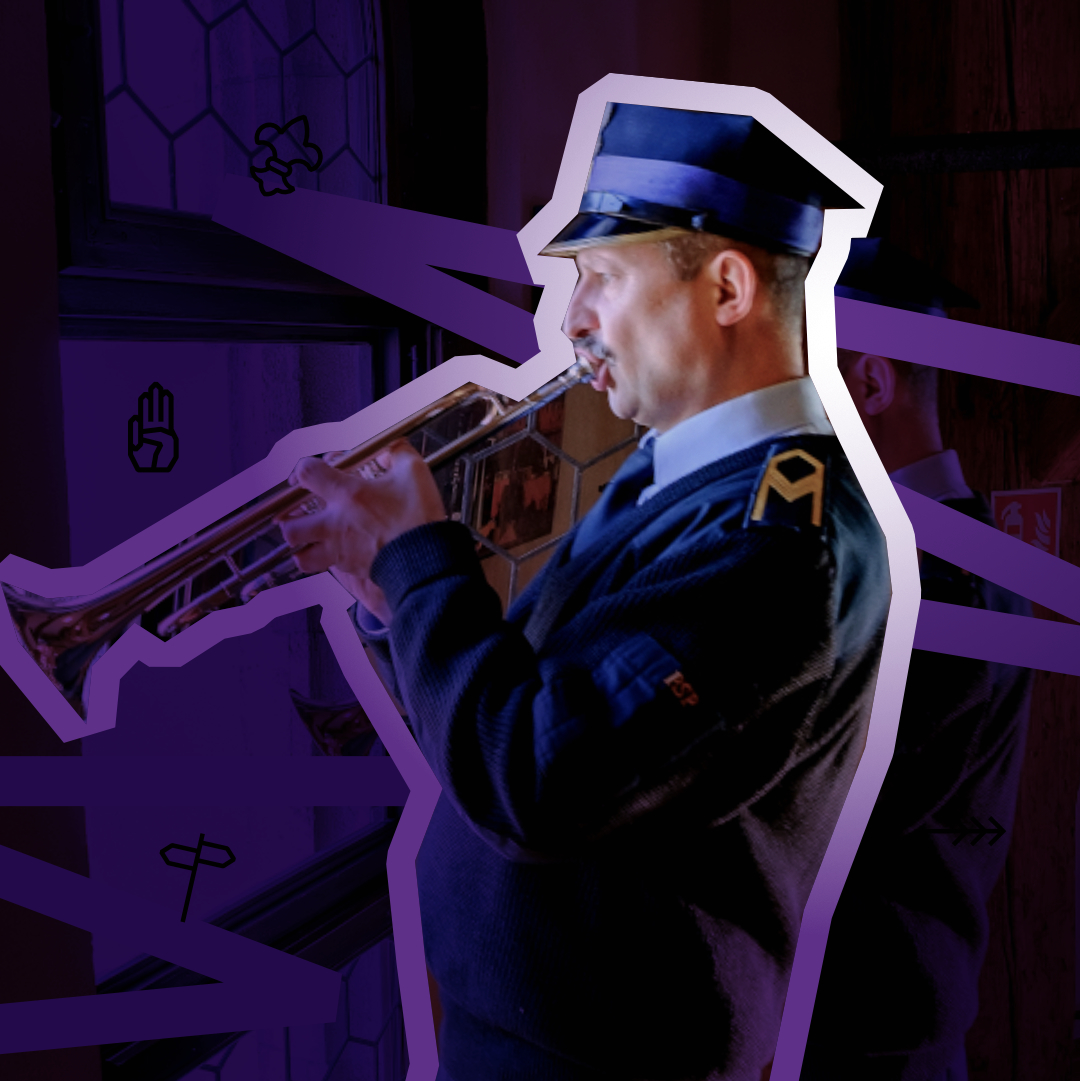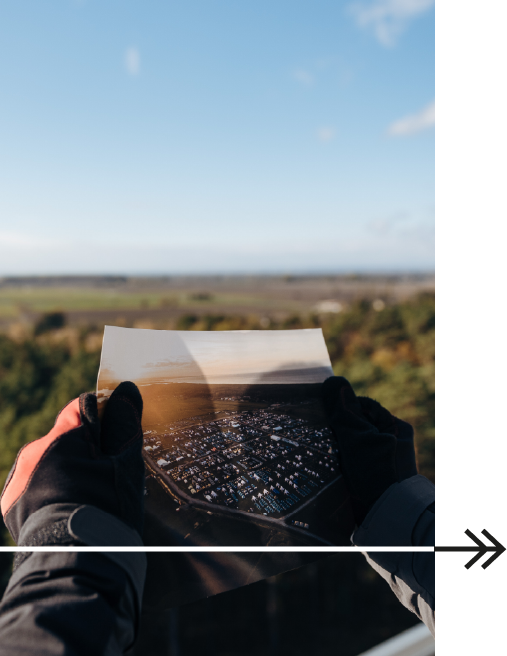The Honorary Committee of the 26th World Scout Jamboree brings together distinguished figures from public life who lend their support and recognition to this global event.
Members of the Honorary Committee of the 26th World Scout Jamboree include respected leaders from the fields of politics, culture, science, and education who share the core values of Scouting—brotherhood, service, and personal growth. From the very beginning, they have actively supported the Polish Scouting and Guiding Association (ZHP) in preparing to host this extraordinary event, offering guidance, advocacy, and encouragement at every stage. Their continued involvement affirms the importance of the Jamboree as a platform for international dialogue, mutual understanding, and youth empowerment. The Committee plays a symbolic and supportive role, emphasizing the global reach and educational mission of this gathering.
Honorary Commitee:
Donald Tusk - Chairman of the Honorary Committee
Donald Tusk is a prominent Polish and European political leader known for his significant role in shaping Poland’s democratic transformation and European integration. A co-founder of the Civic Platform party, he served as Prime Minister of Poland from 2007 to 2014, during which he oversaw strong economic growth and a pro-European foreign policy. In 2014, he became President of the European Council, making him one of the highest-ranking officials in the European Union and the first person from Eastern Europe to hold this position. Tusk has been a key advocate for European unity, democratic values, and transatlantic cooperation.
Lech Wałęsa
Lech Wałęsa is a historic leader of the Solidarity movement, which led to the peaceful dismantling of communist rule in Poland and inspired democratic change across Central and Eastern Europe. A former shipyard electrician, he co-founded and led the first independent trade union in the Soviet bloc. In 1983, he was awarded the Nobel Peace Prize. Wałęsa served as the first democratically elected President of Poland (1990–1995) after the fall of communism.
Danuta Wałęsa
Danuta Wałęsa is a prominent figure in Poland’s democratic transformation and the wife of Nobel Peace Prize laureate Lech Wałęsa. Known for her resilience during the years of political repression, she played a crucial role in supporting her family and the broader Solidarity movement during martial law. In 2011, her candid memoir Dreams and Secrets became a bestseller and sparked national reflection on women’s roles in history and society.
Aleksander Kwaśniewski
Aleksander Kwaśniewski served as President of Poland from 1995 to 2005, playing a key role in Poland’s accession to NATO and the European Union. A former journalist and minister, he is known for his pro-European stance and commitment to dialogue and social inclusion. After leaving office, he has remained active in international diplomacy, democracy promotion, and educational initiatives.
Jolanta Kwaśniewska
Jolanta Kwaśniewska served as First Lady of Poland from 1995 to 2005. A trained lawyer and founder of the Communication Without Barriers Foundation, she became one of Poland’s most popular public figures through her advocacy for health, social welfare, and the rights of children and people with disabilities. She is widely recognised for her commitment to public service and elegance in leadership.
Bronisław Komorowski
Bronisław Komorowski was President of Poland from 2010 to 2015, following a long career in public service and the democratic opposition. A former Minister of Defence and Speaker of the Parliament, he is a historian by training and a lifelong supporter of civil society and transatlantic cooperation. A former Scout, he has consistently supported youth engagement and democratic education.
Anna Komorowska
Anna Komorowska, a classical philologist and educator, was Poland’s First Lady from 2010 to 2015. A former teacher and youth activist, she has been a strong advocate for education, culture, and youth empowerment. With deep roots in the Scouting movement, she remains an active supporter of civic education and intergenerational dialogue.
The principles embodied by the Jamboree – peace, mutual understanding and shared responsibility – echo the values that have guided Poland’s path over the past three decades. The fact that these leaders, each with a unique legacy, have come together in support of this event is a powerful expression of national unity and common purpose.
Their participation in the Honorary Committee is a clear recognition that global movements such as Scouting play an essential role in shaping the next generation of informed, compassionate, and courageous leaders.
